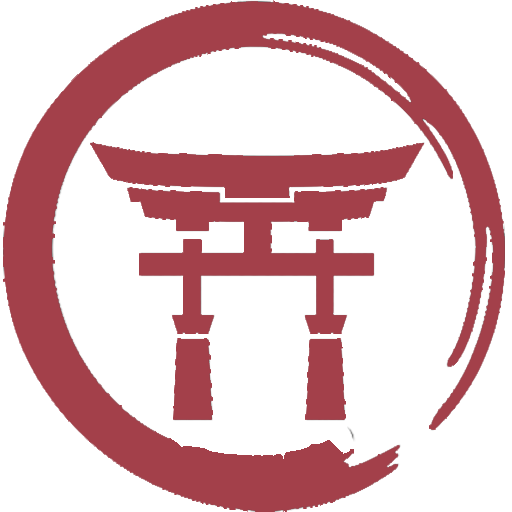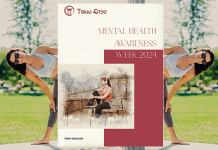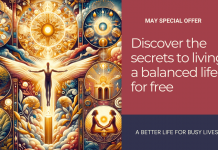In the realm of life-empowerment, a fascinating debate persists: Is our life’s course predestined from birth, or is it a canvas upon which we paint our own destiny? At Torri Enso, we delve into this profound question, examining the intricate interplay between fate and free will.
Destiny is a term often used to describe a predetermined course of events or an inevitable future that is believed to be set for an individual or something. It implies a sense of a fixed, unchangeable path that one’s life is supposed to take, often seen as determined by a higher power, fate, or the universe.
In our daily lives, destiny plays a role in how people understand and interpret the events and experiences they encounter. For some, believing in destiny provides a sense of comfort and purpose, suggesting that the challenges and joys they experience are part of a larger, meaningful plan. It can help in coping with life’s uncertainties and hardships by fostering a belief that there is a reason behind what happens.
However, for others, destiny might feel constraining, as it can imply a lack of control over one’s life and choices. These individuals might prefer to believe that they are the architects of their own fate, emphasising free will and personal agency.
In practical terms, whether one believes in destiny can significantly affect decision-making, goal-setting, and how one responds to life’s unpredictability. Those who believe in destiny may be more likely to see significant events, whether good or bad, as meant to be, and part of a larger plan. Those who don’t might attribute more importance to personal effort, choices, and the randomness of life.
Ultimately, destiny is a philosophical and often spiritual concept that resonates differently with each individual, shaping their worldview and approach to life.
The concept of a preordained destiny suggests that our lives follow a script written in the stars. It’s a comforting thought for many, as it implies a cosmic order and purpose. However, this viewpoint raises questions about personal agency and the role of our choices. If our paths are already set, what power do our decisions truly hold?
Conversely, the idea of creating our own destiny aligns with the principles of life-empowerment. It supports the belief that through determination, effort, and resilience, we can shape our future. This perspective empowers individuals, placing the pen of life’s narrative firmly in their hands. It promotes a proactive approach to life, encouraging us to overcome obstacles and seize opportunities.
Yet, could these views be two sides of the same coin? Perhaps our lives are a dance between destiny and self-determination. Maybe there are certain elements predestined, like the circumstances of our birth, which set the stage. But upon this stage, we have the freedom to act, to make choices, and to influence the direction of our lives.
This debate isn’t just philosophical; it has real-world implications. Believing solely in destiny might lead to passivity, waiting for life to unfold. In contrast, focusing only on self-determination could cause undue pressure and a sense of failure when things don’t go as planned.
At Torri Enso we encourage a balanced view. Recognise the factors beyond your control, but also embrace the power you have to make meaningful choices. Life isn’t just about arriving at a destination; it’s about the journey, the growth, and the lessons learned along the way.
Whether destiny is a predetermined path or a myth, the belief in our ability to shape our future is a cornerstone of life-empowerment. By acknowledging the role of both fate and free will, we can navigate life with wisdom, courage, and an open heart.
Remember, your life story is not just written for you – you are its author. What will your next chapter be share your thoughts and share your vote as a believer or non-believer?






